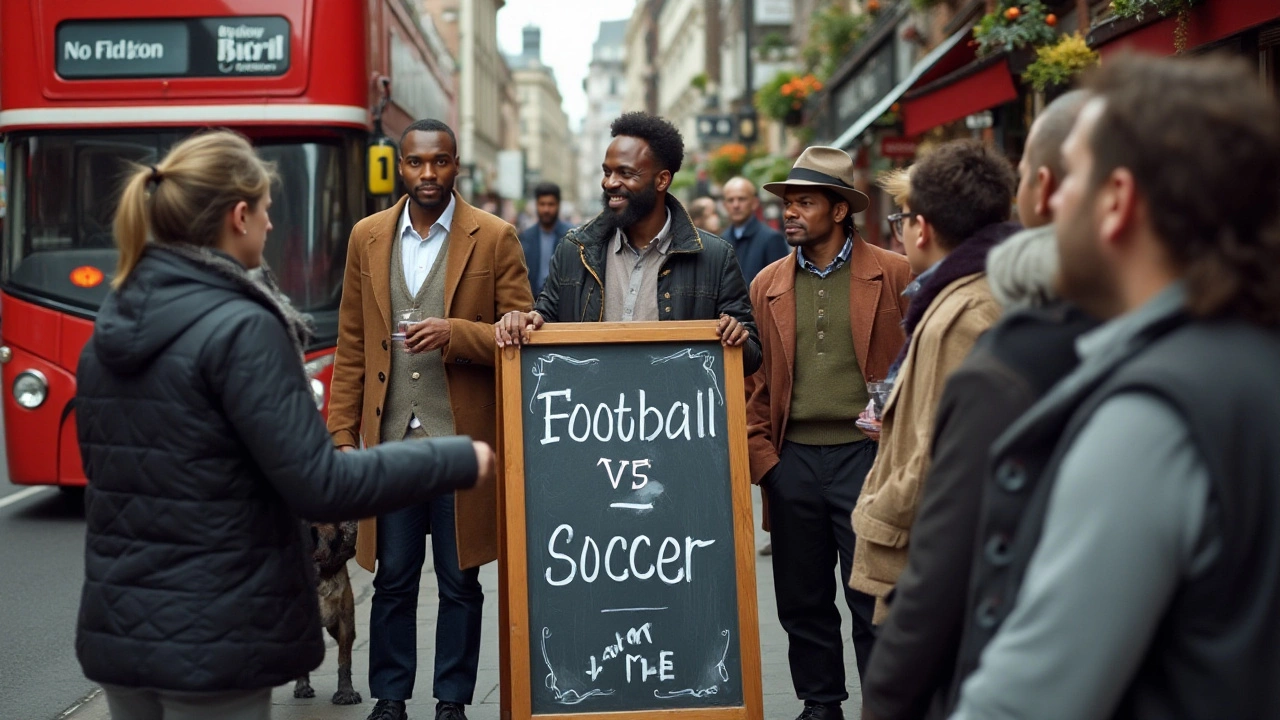Sport Naming: How Words Shape What We Play
Ever wonder why a golf shot called a "birdie" feels cooler than saying "one under par"? Or why some people call a basketball "hoop" while others just say "ball"? The names we use in sport do more than sound cool – they help us understand rules, share excitement, and build community.
Names for the Game: From Rules to Reputation
Take rugby. In France it’s called le rugby, but fans often hear the nickname le XV because a team fields fifteen players. The nickname instantly tells you the style of play. In Brazil, the national rugby side is known as Los Pumas – a name borrowed from Argentina’s famous cat mascot, giving the team a fierce identity.
Boxing has its own language too. When you hear "1‑2‑3" most think of a punch combo, not a counting game. The numbers actually map to a jab, cross, and left hook. Knowing the combo shorthand lets beginners follow training sessions without feeling lost.
Gear Talk: What We Call Equipment
Gear names change across sports and cultures. A football in the US is a "football," while in most of the world it’s a "soccer ball." In the UK we often say "kit" for a player’s uniform, but the US calls it "gear" or "equipment." Even inside a single sport, you’ll hear "gear," "kit," and "sports kit" used interchangeably. Understanding these alternatives helps you shop online or chat with teammates without confusion.
Golf slang is a perfect example of naming fun. A "mulligan" lets you replay a bad shot without penalty – a term borrowed from early 20th‑century American slang for a second chance. Knowing that a "birdie" means one under par, a "eagle" means two under, and a "bogey" means one over, lets you follow the scorecard like a pro.
Even scientific terms sneak into everyday talk. When talking about how a ball bounces, you might hear "coefficient of restitution" – a mouthful that engineers use to describe how elastic a surface is. Most fans just say "bounce factor," but the science behind it shows how equipment design impacts performance.
So why does naming matter? First, it builds a shared language. When a coach shouts "reset" in basketball, every player knows to stop and regroup. Second, it adds personality. A catchy name like "Hokas" for a brand of running shoes sticks in your mind and can influence buying decisions. Finally, clear names avoid mistakes – knowing what counts as an illegal punch in boxing keeps fighters safe.
Next time you watch a game, listen for the terms that fly around. Whether it’s a "slim stomach" diet plan in fitness circles or the phrase "watch rugby internationals" for streaming tips, the words chosen help you find the right info fast. By paying attention to sport naming, you’ll feel more connected, understand the rules quicker, and maybe even sound like a insider.
Ready to join the conversation? Grab your favorite gear, find the slang that fits your sport, and start using the names that make the game come alive. It’s a small change that packs a big punch for any fan or player.
Soccer vs. Football: Unraveling the Great Name Debate

The debate over whether to call the world's most popular sport 'soccer' or 'football' spans diverse cultures and reflects rich historical contexts. This article delves into the origin and adoption of each term, examines regional preferences, and explores the cultural significance tied to both names. Whether you're a die-hard football fan or a casual soccer enthusiast, understanding this linguistic divide offers insight into the game's global impact. Dive into the reasons why different regions favor one term over the other and uncover how language influences sports culture.
